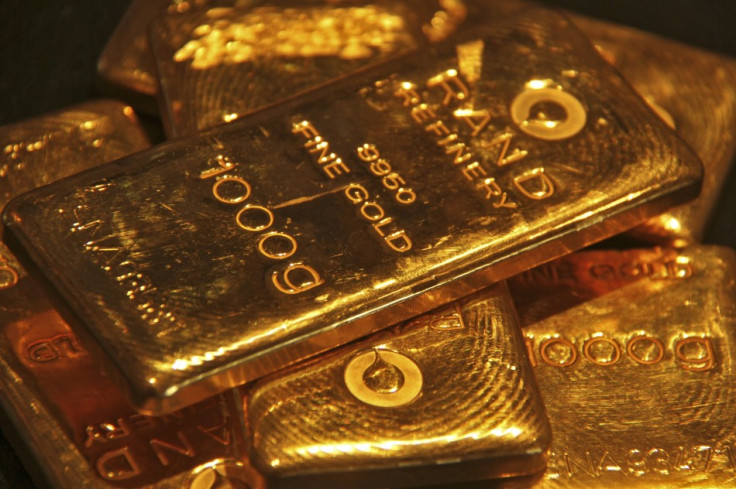Gold extends gains pinned on forex volatility
Precious metals rose for much of the European session fuelled by volatility in currency markets and political uncertainty.

Unsettled currency markets and safe-haven trades ensured gold prices remained on positive turf on Monday (22 May) as the dollar weakened on political uncertainty.
Allegations that US President Donald Trump asked former Federal Bureau of Investigation (FBI) director James Comey – whom he sacked earlier this month – to end a probe into his former security adviser continued to rumble on, despite denials by the White House as the president toured the Middle East.
Meanwhile, the pound wobbled on political uncertainty in the UK as polls appeared to show a narrowing of the Conservative Party's lead over Labour.
At 3:19pm BST, the Comex gold futures contract for the June delivery was up 0.45% or $5.60 at $1,259.20 an ounce, while spot gold was trading at $1,258.68 an ounce, up 0.22% or $2.75 an ounce.
Kash Kamal, senior research analyst at Sucden Financial, said demand for the yellow metal had fluctuated against a backdrop of geopolitical uncertainty in conjunction with rising inflationary pressure.
"Price volatility has become more pronounced in recent months as opposing forces are exerted on the precious metal long considered a safe haven as well as a hedge against inflation. However, gains in gold denominated in other currencies have been less pronounced."
Elsewhere, Comex silver for July delivery was up 1.84% or 29 cents to $17.09 an ounce, while spot platinum was up 0.31% or $2.95 to $942.70 an ounce.
Away from precious metals, oil benchmarks remained on positive turf with the market pricing in a possible Opec production cut extension at its meeting on Thursday.
Last week, Opec members Algeria, Iraq, Kuwait and Venezuela reiterated their support for extending an agreement to cut crude production, originally designed to end in June 2017, for a further nine months until March 2018. Opec heavyweight Saudi Arabia and non-Opec producer Russia also said they would do whatever they can to "support" the market.
Bjarne Schieldrop, chief commodities analyst at Nordic Bank SEB, said Opec knows that it cannot control the oil price over time. "It especially cannot place it at an artificially high level over time without having to accept a continuous decline in market share, which is unsustainable. Opec can however intervene in the market in the short term.
"The goal now is to draw down oil inventories, moving away from a contango market with a spot price discount which has been the situation since mid-2014 and instead shifting towards a backwardated market with a spot price premium over longer dated crude prices. 'Give me a premium!' is what Opec is asking for."
© Copyright IBTimes 2024. All rights reserved.






